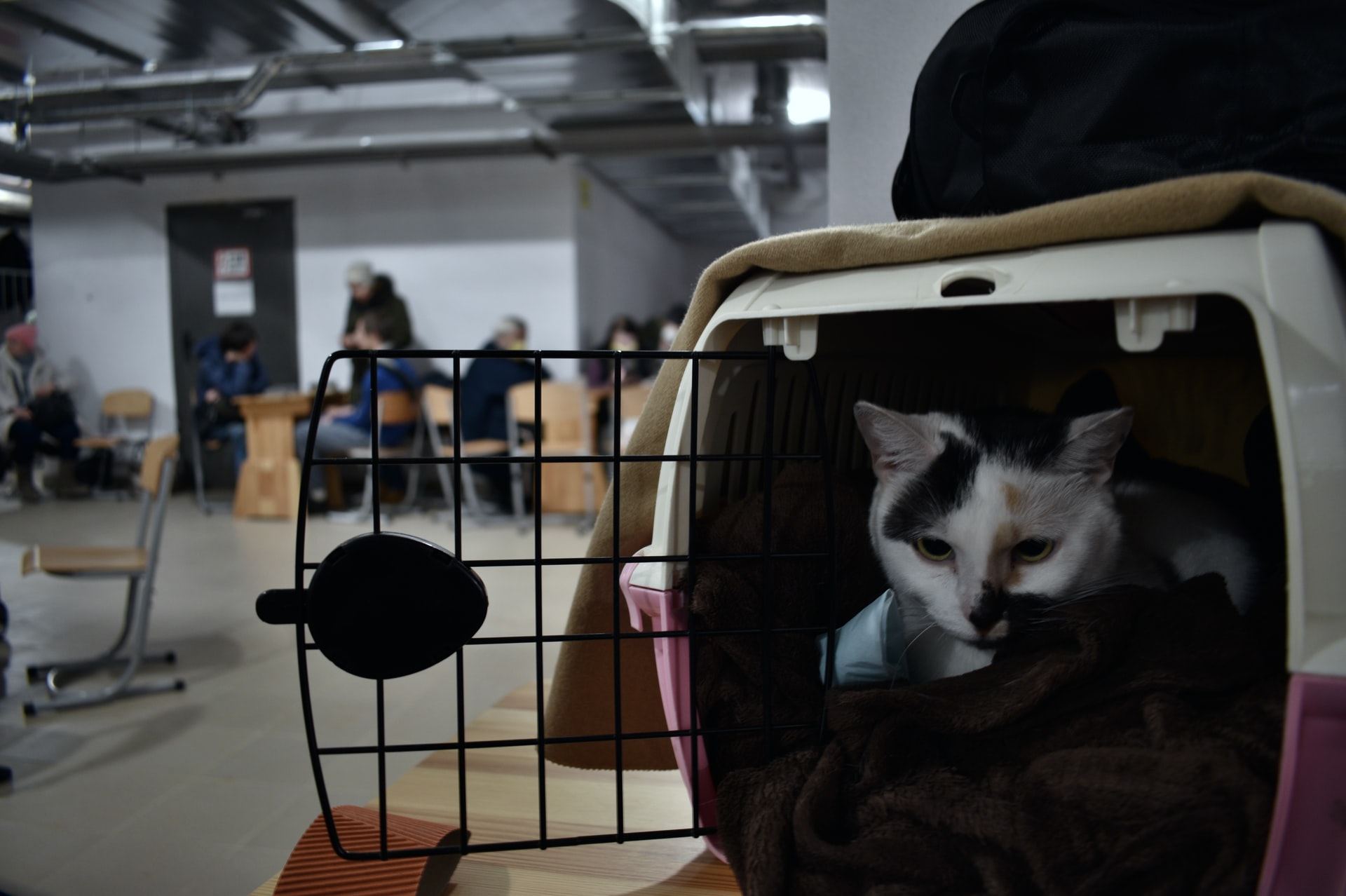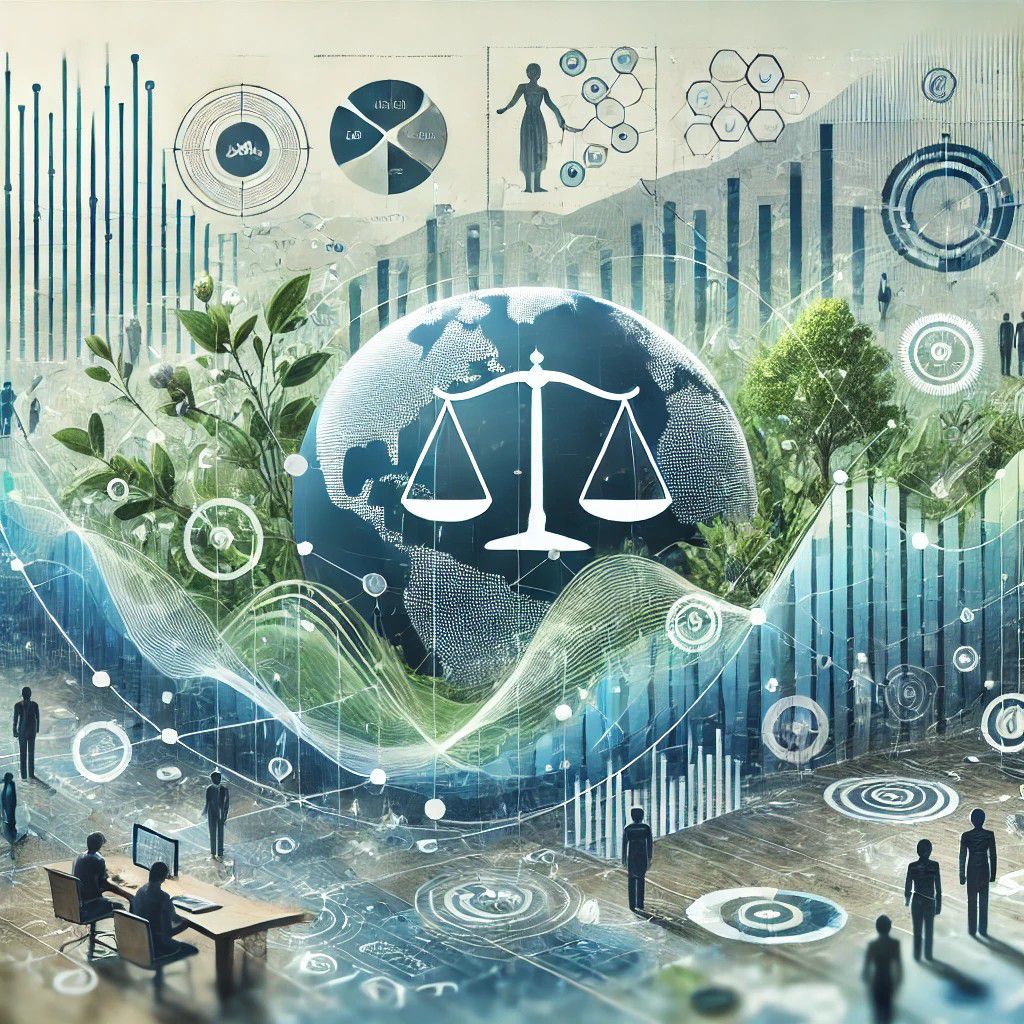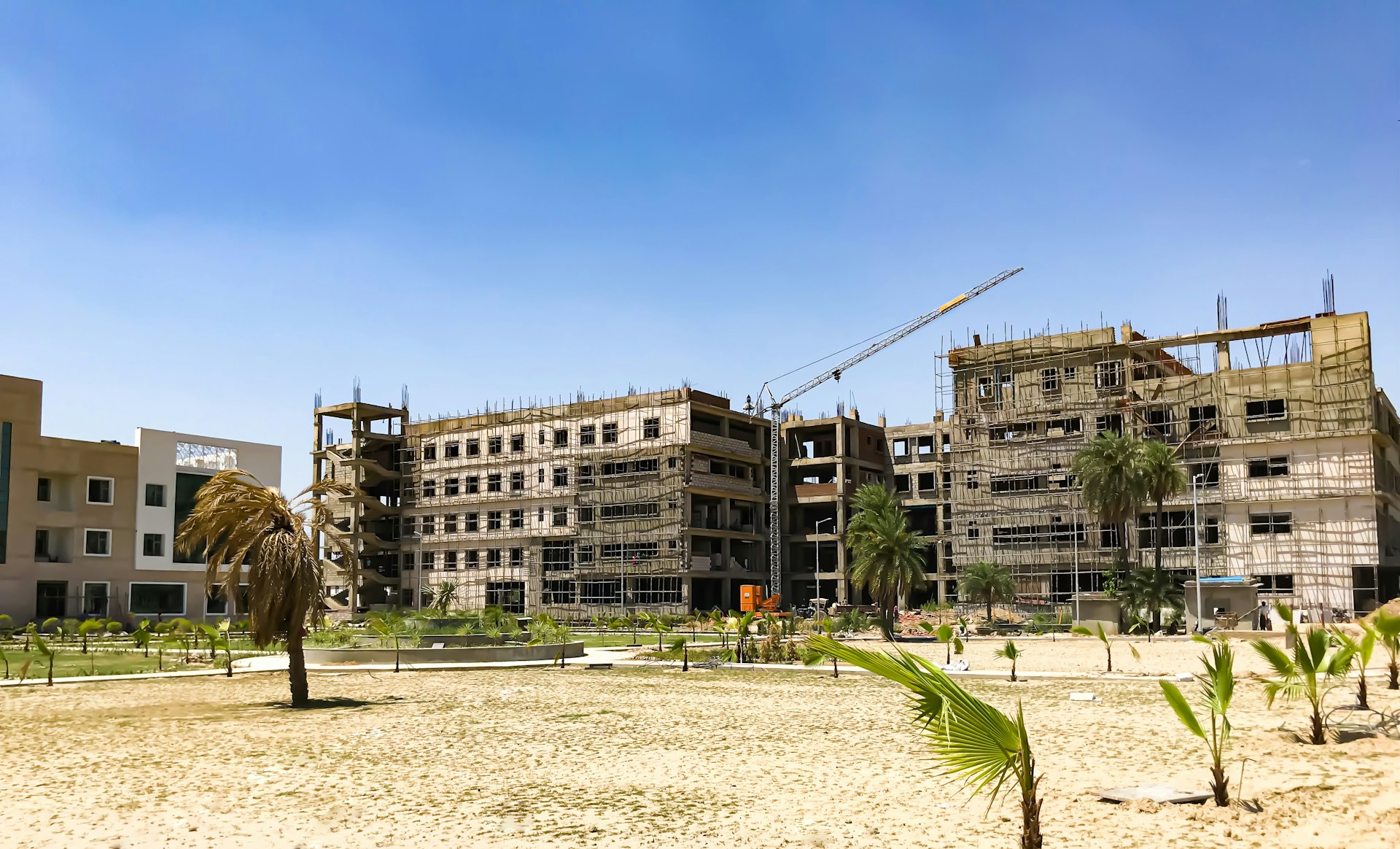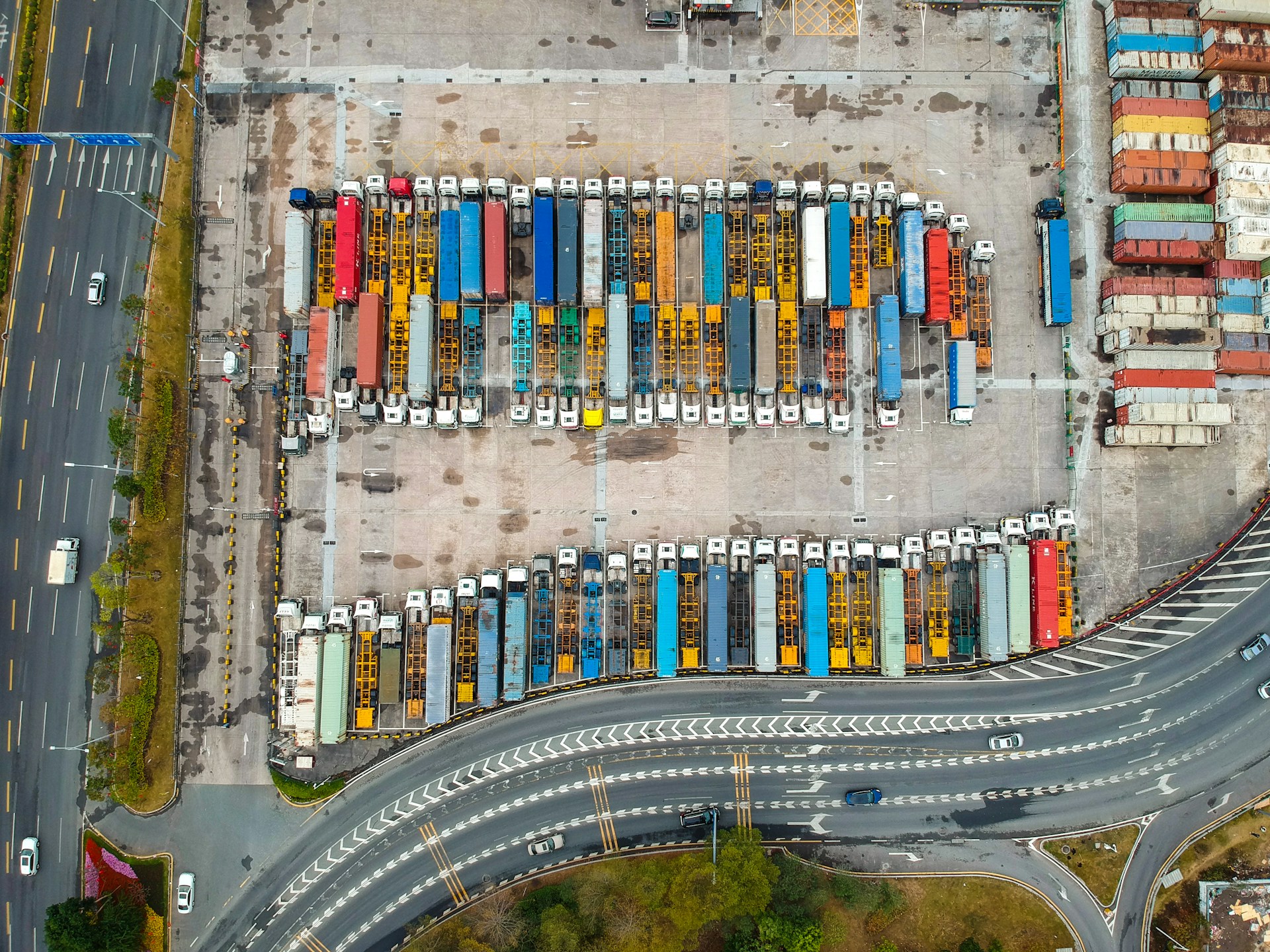Russia’s War on Ukraine a Test for Globalization
Russia’s unproved war on Ukraine is a classic example of what was not supposed to be – the questioning of the global world order and globalization.
Simply put, globalization is what drives friendly relations and trade between countries globally. But this new age war defeats this purpose, making countries rethink their dependencies on other economies for their goods and supplies.
The pandemic was the first blow. The impacts of the pandemic strained the global trade and supply system, along with suppressing blows to friendly relations between neighbors. Then came the Russia-Ukraine war which has further pushed investors and large multinationals to rethink their international expansion plans.
Horasis is organizing the Horasis Global Meeting on 19 May 2022 to examine and evaluate such topics. The one-day virtual event will see participation from a diverse range of people, spanning members of governments, businesses, academics, and the media. The goal is to deliberate on pressing issues, and arrive at resolutions that ensure shared prosperity.
The Merits of Globalization
Globalization allowed the era of co-development, creating win-win partnerships among countries. This led to heightened innovation, knowledge-sharing and trade that not only benefitted companies that were able to navigate through this new topography, but also created potential growth opportunities for developing countries and played a crucial role in the upliftment of hundreds of millions of people from poverty.
Globalization has also helped further culture, arts and the movement of people. In a non-globalized world, it would be impossible for companies to recruit much-needed talent from overseas. Or a much renowned artist (singer) to travel overseas for concerts or roadshows.
The benefits of globalization far outweigh what we stand to lose without it. And its first-hand effects are fairly visible with what is happening in Ukraine and Russia. Ukraine has become the ground-zero for human atrocities and the mass migration of people. Russia [the provoker] is bearing the impacts of Western-led sanctions on its economy, institutions and individuals.
If these were not enough, large multinationals from sectors such as manufacturing, FMCG, tech, media, energy and finance, have either suspended their operations or have halted any plans of future projects in Russia. Unilever has suspended its imports and exports with the country. Meanwhile, big energy brands such as Shell, BP and Exxon Mobil have announced to exit from existing and future energy projects with Russia. McDonald’s was among the first multinational companies to temporary close its 850 outlets in Russia. And even global tech firms such as Apple, Google, Amazon, Microsoft and IBM have suspended their operations in the country.
This mass pullout of global companies from Russia will certainly dent its war chest and impact its economy and post-pandemic recovery. Regardless, the atrocities on Ukraine continue unabated.
What is Happening in the US and EU?
The sanctions on Russia and war in Ukraine are also impacting the growth prospects of other dependent economies. Ukraine is one of the largest players in the global food commodity market. And the conflict on its soil is reverberating in the form of spiked commodity prices that is further escalating the food security crisis.
Another immediate impact is the uncertainty surrounding oil and gas. The EU is heavily dependent on Russia’s oil, gas and coal. The bloc has imported fossil fuels worth US$46.54 billion (44 billion Euro) from Russia, since the invasion began. Of the top six largest importers of Russia’s fossil fuel, four (Germany, Italy, Netherlands and France) countries belong to the EU. Since the start of the Russia-Ukraine war, Germany imported fossil fuel worth US$9.63 billion and Italy worth US$7.30 billion.
Presently, fossil fuels form the largest share of the energy mix for any country. And for developed economies such as Germany and Italy to suddenly stop their imports from Russia will have devastating impacts on their economies. However, the president of the European Commission announced a ban on purchasing crude oil and petroleum liquids, such as diesel, from Russia by the end of 2022.
Meanwhile, the US along with its western allies have imposed a cascade of sanctions on Russian oligarchs, businesses and institutions to stifle Russia’s war chest. And on the other hand, it has extended its solidarity to the people of Ukraine both in terms of financial and military support. On 9 May 2022, the US officially signed the Ukraine Democracy Defense Lend-Lease Act of 2022, making it into a law, allowing US President Joe Biden to either lend or lease defense equipment to Ukraine and other Eastern European nations in a bid to thwart Russia’s aggression in the region.
But the war has tarnished the ideology of globalization and will further the rhetoric around reshoring and localization, particularly in the US. A mix of factors such as the US-China trade war, the pandemic and Russia’s aggression could spell disaster for globalization if leaders don’t take collective action now.
Impact on Friendly Relations
Countries that do have friendly relations with Russia have been pushed against the ropes. They balance between openly acknowledging their support to Russia or showing their support to Western-led sanctions on Russia.
Going forward, we may witness the approach to globalization changed. Countries within a region may group together to form regional blocs to leverage their military and economic strengths.
But only time will tell what happens of globalization as the world hopes that it is here to stay.
Photo Caption: A family and their pet take shelter from Russian shelling in Kyiv. Photo by Oleksandr Chernobai on Unsplash.



